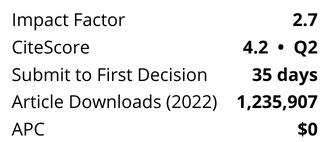Wastewater systems are of crucial importance to the promotion of sustainable development. Through an integrated planning approach, the costs can be minimized and the resulting benefits maximized. A planning approach at regional level exploits the economies of scale, while achieving a better environmental performance. In this paper we set out a decision support approach for the planning of regional wastewater systems. Optimization models are used, aimed at finding optimal configurations for the location, type and size of the system's infrastructure: sewers, pump stations, and wastewater treatment plants. Solutions are evaluated in terms of the cost of installing, operating and maintaining the infrastructure, and the water quality in the river that receives the treated wastewater. The river water quality varies in accordance with the effluent discharges, and is assessed using environmental parameters. The models are solved with a simulated annealing algorithm complemented by a local improvement procedure. Its application is illustrated through a case study in the Una river basin region, in Brazil.
Skip Nav Destination
Article navigation
Research Article|
May 24 2017
Adapted optimization model for planning regional wastewater systems: case study
J. A. Zeferino;
1MARE, Department of Civil Engineering, University of Coimbra, Polo II, Coimbra 3030-788, Portugal
E-mail: zeferino@dec.uc.pt
Search for other works by this author on:
M. C. Cunha;
M. C. Cunha
1MARE, Department of Civil Engineering, University of Coimbra, Polo II, Coimbra 3030-788, Portugal
Search for other works by this author on:
A. P. Antunes
A. P. Antunes
2CITTA, Department of Civil Engineering, University of Coimbra, Polo II, Coimbra 3030-788, Portugal
Search for other works by this author on:
Water Sci Technol (2017) 76 (5): 1196–1205.
Article history
Received:
September 07 2016
Accepted:
May 08 2017
Citation
J. A. Zeferino, M. C. Cunha, A. P. Antunes; Adapted optimization model for planning regional wastewater systems: case study. Water Sci Technol 6 September 2017; 76 (5): 1196–1205. doi: https://doi.org/10.2166/wst.2017.302
Download citation file:
Sign in
Don't already have an account? Register
Client Account
You could not be signed in. Please check your email address / username and password and try again.
Could not validate captcha. Please try again.
eBook
Pay-Per-View Access
$38.00




%20cropped.png?versionId=5945)